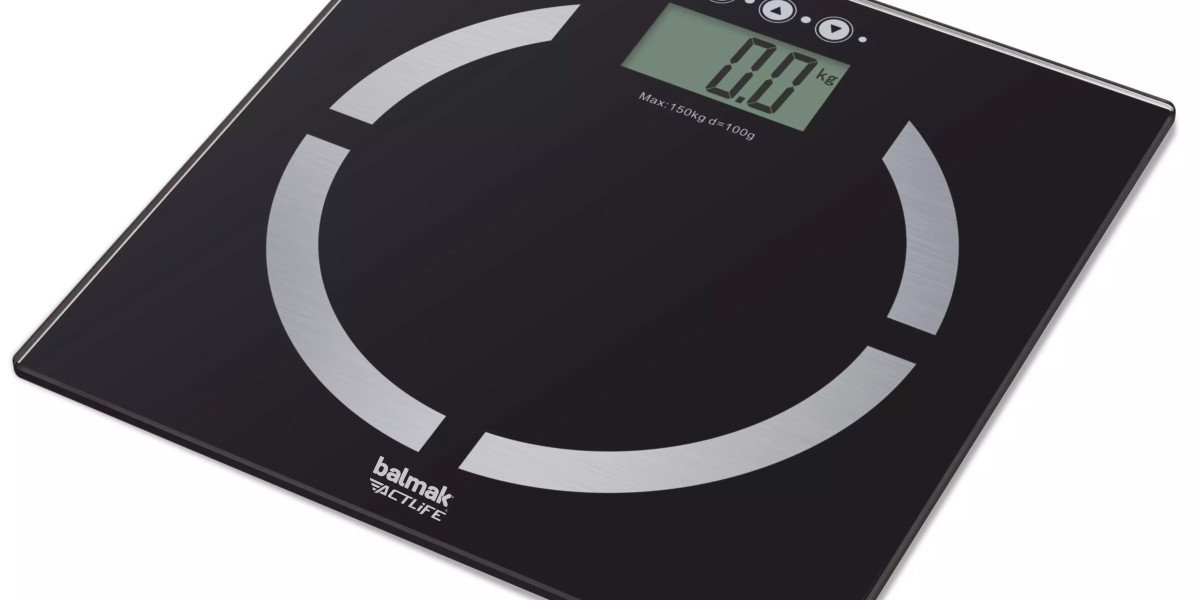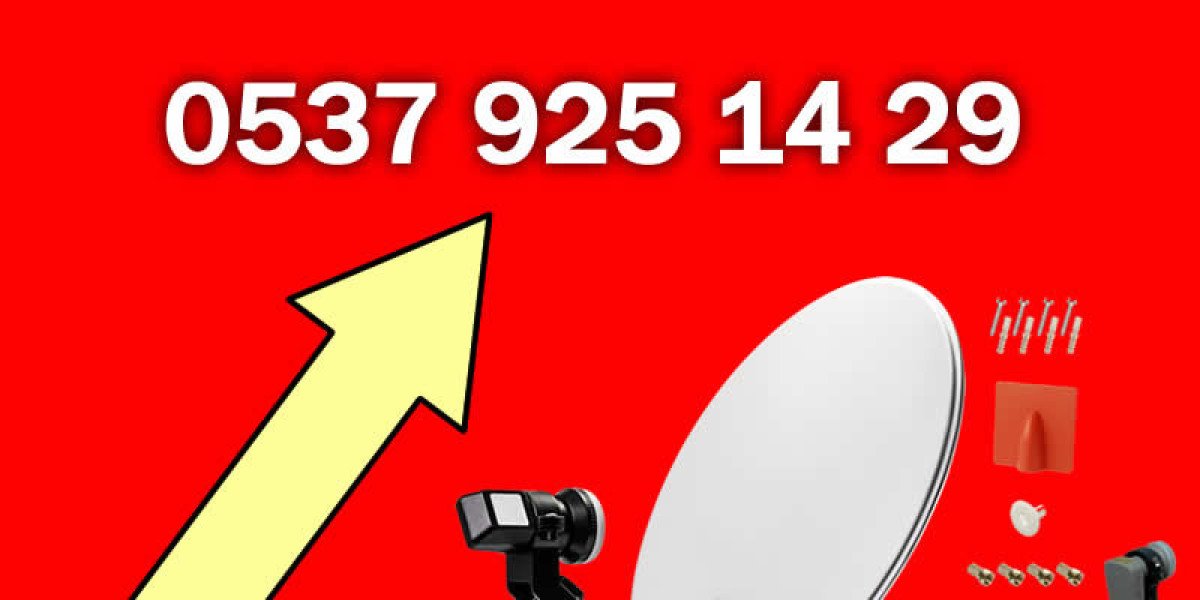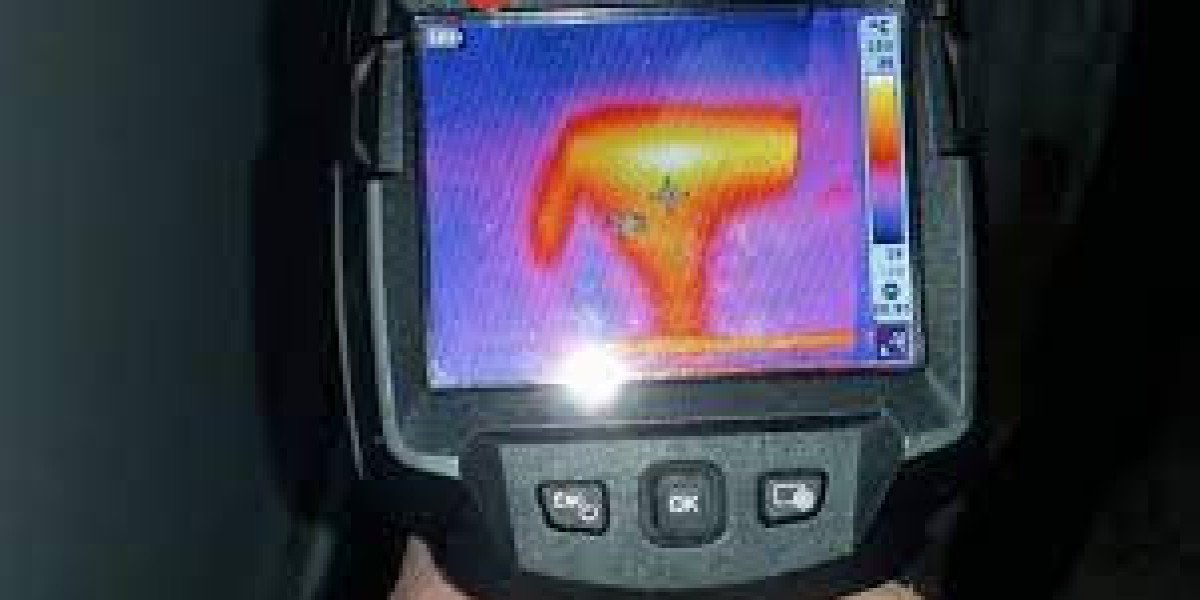In today's digital age, a reliable internet connection is crucial for both personal and professional use. An ethernet adapter serves as a vital accessory that enables devices to connect to wired networks. This guide will explore the different types of ethernet adapters, their features, and how to choose the right one for your specific needs.

Understanding Ethernet Adapters
An ethernet adapter is a hardware component that allows devices without built-in ethernet ports to connect to a wired network. These adapters can be found in various forms, including USB, PCIe, and Thunderbolt. Understanding the different types is essential for making an informed decision.
Types of Ethernet Adapters
- USB Ethernet Adapters: These are portable and easy to use, making them ideal for laptops and devices lacking ethernet ports.
- PCIe Ethernet Cards: Installed directly into a desktop computer, these cards provide high-speed connections and are suitable for gaming and heavy data usage.
- Thunderbolt Ethernet Adapters: Designed for high-performance devices, these adapters offer faster speeds and are perfect for professional use.
Key Features to Consider
When selecting an ethernet adapter, several features should be taken into account:
- Speed: Look for adapters that support at least Gigabit speeds (1000 Mbps) for optimal performance.
- Compatibility: Ensure the adapter is compatible with your operating system and device.
- Portability: If you travel frequently, consider a compact USB adapter for convenience.
- Build Quality: A well-constructed adapter will last longer and perform better under various conditions.
Choosing the Right Ethernet Adapter
What factors should you consider when choosing an ethernet adapter? First, assess your specific needs. If you require a stable connection for gaming or streaming, a PCIe card may be the best option. Conversely, if you need something portable for a laptop, a USB adapter would suffice.
Additionally, think about the environment in which you will use the adapter. For instance, if you are in a high-interference area, opt for an adapter with advanced shielding features. Furthermore, consider the length of the cable you may need; longer cables can affect speed, so choose wisely.
Conclusion
In summary, selecting the right ethernet adapter involves understanding the types available, considering key features, and evaluating your specific needs. By following the guidelines outlined in this article, you can make an informed decision that enhances your internet connectivity.
For more options, check out  to find high-quality ethernet accessories that suit your requirements.
to find high-quality ethernet accessories that suit your requirements.







